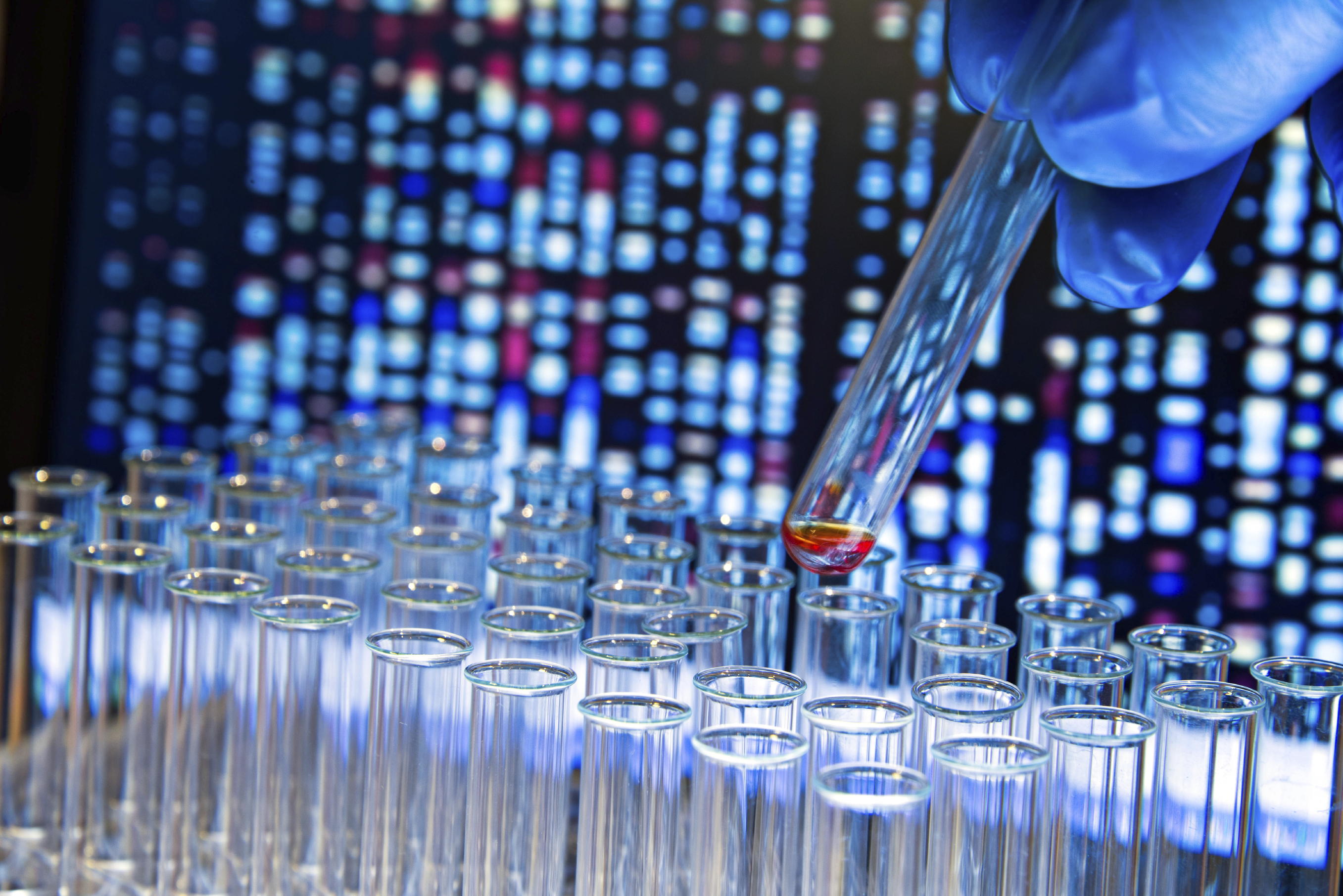After two years of grant applications and months of planning, the Department of Biology is launching a Research Experience for Undergraduates program during the summers of 2015-2017. Directors Wendy Smith and Rebeca Rosengaus are excited to see their efforts paying off as the 10 participants—narrowed down from a field of 130 applicants—arrive on campus June 1.
While the program is being hosted at Northeastern, the department is looking to reach students from other institutions, particularly those who whose home universities don’t give undergraduates the opportunity to pursue intensive research. This year’s group of participants includes students from across New England as well as from Louisiana, Florida, North Carolina, and Puerto Rico, majoring in biology, biochemistry, and related fields.
Two military students will be participating this year. Lieutenant Colonel Steve McGonagale, Industry Relations and Engineering Leadership Director of the Gordon Engineering Leadership Center here at Northeastern University, has been involved extensively in developing the leadership side of the program. Smith and Rosengaus hope this will enhance what they identify as the “special themes of teamwork and leadership in science” that the program will focus on—skills that should contribute to whatever area of biology participants decide to pursue.
Participating students will live on campus during the 10-week program, which includes on-campus housing and a stipend. The program will include activities to expose participants to all facets of the research experience. In addition to 35 hours per week of lab work, students will participate in research seminars, professional development meetings, social activities, lab meetings, and a final presentation of their research. Each student will work with one other student and two faculty members, with all of the students coming together for research talks and social activities. Research topics include adult stem cell differentiation, social immunity, oocyte mitochondrial lineage, transgenerational effects of immune challenge, the link between biofilm disassembly and DNA damage response, rotifers’ adaptations to extreme environments, and limb regeneration modulation by circadian genes.
Smith and Rosengaus hope that research experience will not be the only thing participants take away from the program. “Doing science…is challenging in and of itself,” Rosengaus explains. “Science is inherently challenging…rarely do results pan out as expected.”
Both seem prepared for these same challenges as the program enters its first year.
“You never know how a given group is going to work,” Smith says, but “we’re seeing such positive attitudes from everyone…it’s going to be a great adventure.”

